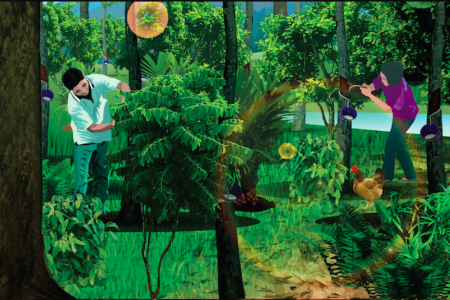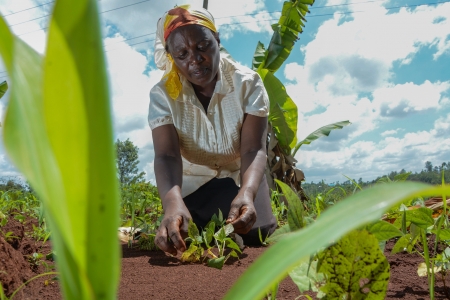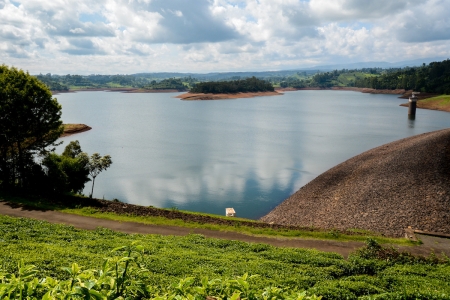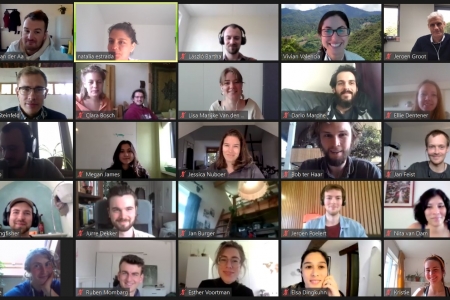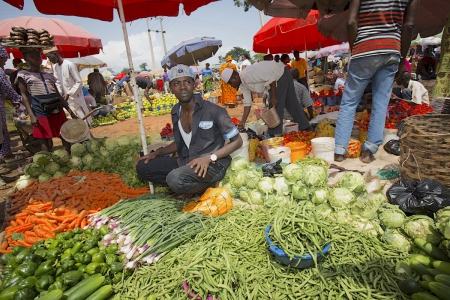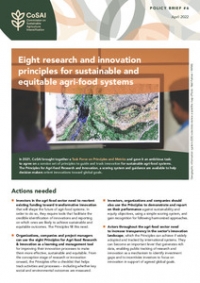Massive changes in land and water resources are expected in the next two decades in the Red River Basin, the second most important river basin of Vietnam. This has the potential to contribute greatly to development, but also to environmental degradation and further marginalization of particular groups and their livelihoods. This calls for national, regional and international support for evidence-based knowledge to guide this rapid development. Compared to the Mekong River, comparatively limited research on the Red River Basin has been undertaken. To strengthen governance and increase the likelihood of sustainable and fair decision-making, there is an urgent need to build knowledge and research capacity within the basin and to support the individuals, academic institutes and research networks capable of informing the rapid changes underway in the basin. This opens a great opportunity for the international communities to support newly structured autonomous universities with more up-to-date curricula that consider the emerging needs in the country and regional economic integration in Greater Mekong. This project will strengthen and expand relevant capacities of the Red River Basin (RRB) focused cohort of critical and engaged young scholars and practitioners of water governance and regional development, and link these to researchers to other Greater Mekong basins, through a multi-country/multi-basin collaborative fellowships program and organizational capacity building to improve teaching/training curricula on water governance and effective communication. A particular cross-cutting focus of the project is research on gender and other forms of social marginalization. It also intends to build a learning community amongst these scholars and practitioners, and link them with similar initiatives in the Ayrewaddy, Mekong and Salween basins. The project will foster collaboration among regional networks and organizations that have common interest and experience such as M-POWER and SUMERNET. The project will achieve this through an 18-month mentored fellowship program for 10 research fellows. Each research fellow will produce timely and needed research, and share their findings with government officials, researchers, civil society, community representatives and the private sector relevant to their particular research project, including by producing a conference paper, a policy brief and two blogs, and joining a policy-relevant international conference or seminar. At least two research fellows’ research will focus specifically on gender. The capacity of research fellows will also be strengthened through mentorship, as well as joining workshops organized for the fellows and ‘water governance curriculum’ training. Eight research fellows will be invited to extend their fellowships to produce a book chapter or academic paper based on their research, with at least two fellows having a gender focus. As a result of the project: (1) Early career researchers will have an enhanced ability and confidence to engage in reasoned analysis, critique and policy advocacy in pursuit of more equitable and sustainable modes of water, land and energy use, management and governance in the RRB. (2) Policy in the fields of water, land and energy relevant to the specific research topic of each research fellow will be more inclusive of, and responsive to, the concerns of hitherto marginalized groups. (3) A learning community will be established within and beyond centres of higher education in the region for research and training in the field of progressive use, management and governance of water, land and energy.
menu

